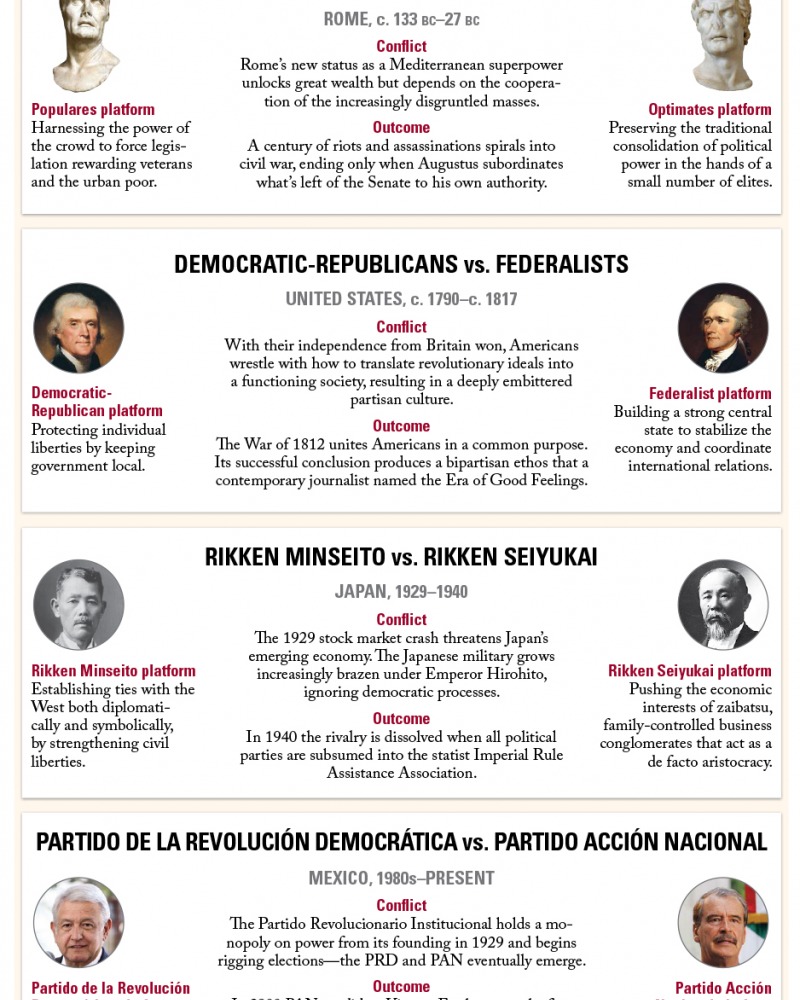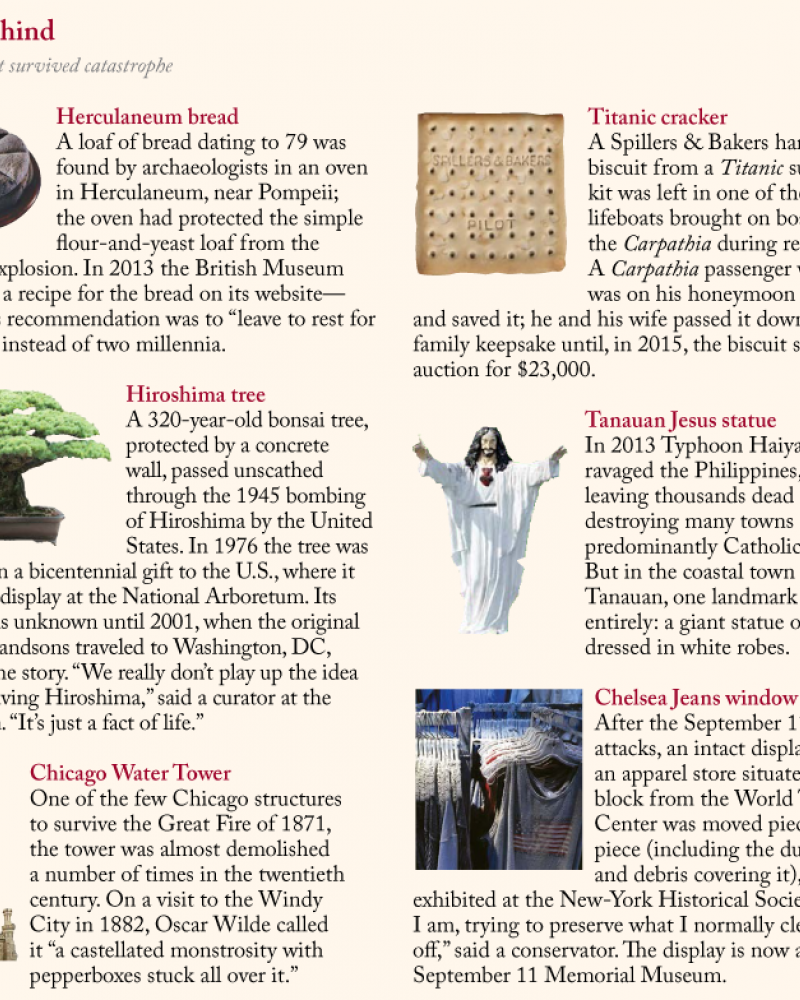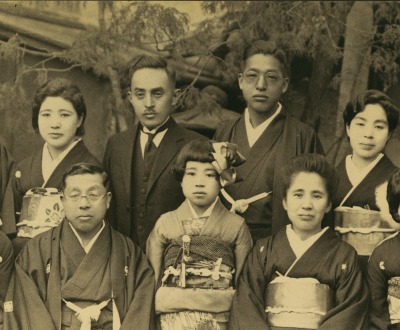Miscellany
The practice of yobai, “night crawling,” was common in rural communities in medieval Japan, and continued into the twentieth century. A young man would visit a young woman’s house after dark, disguising his features with a cloth to avoid embarrassment should his advances be rejected. These premarital liaisons could become formal if a child were conceived.



